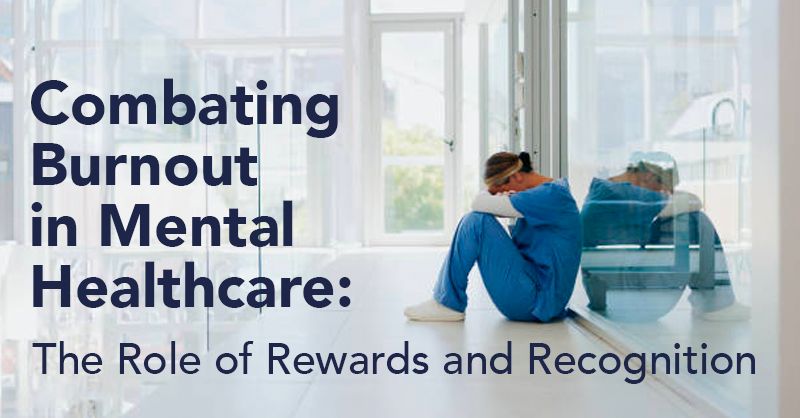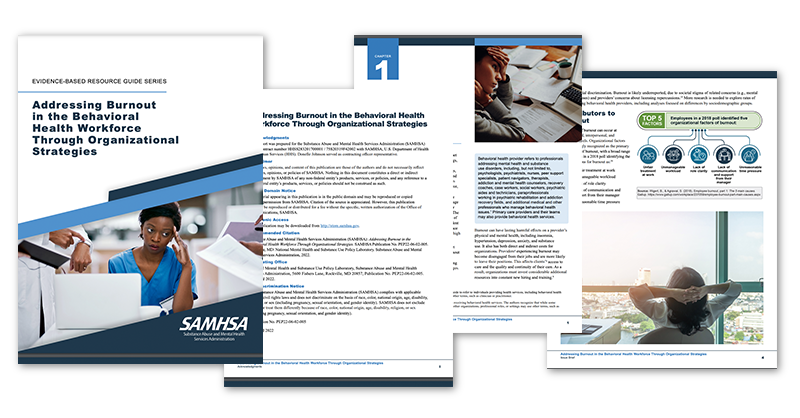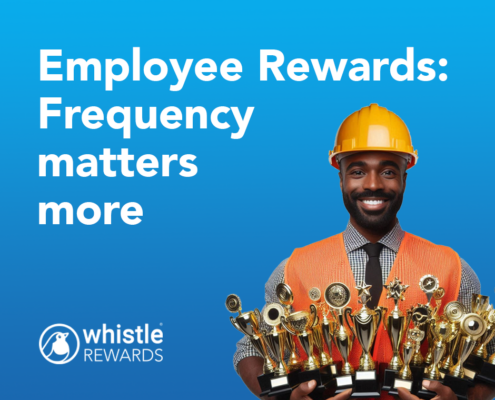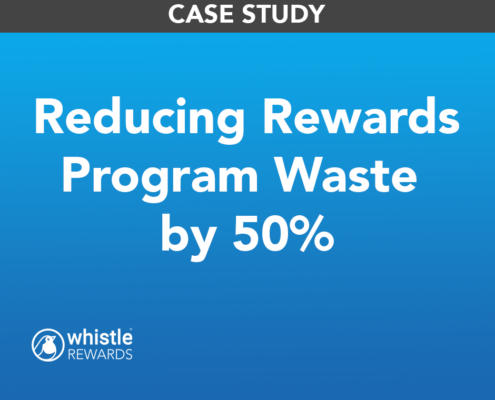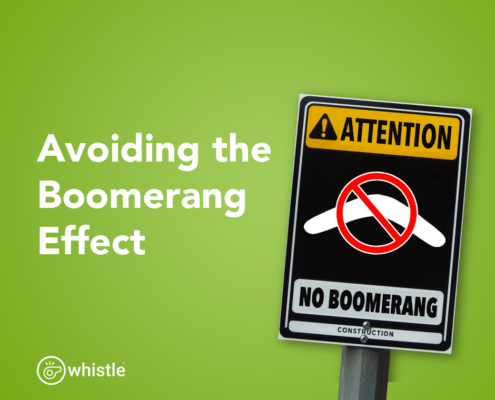Combating Burnout in Mental Healthcare: The Role of Rewards and Recognition
In mental health, where burnout is a pervasive issue, creating a supportive work environment through rewards and recognition has emerged as a pivotal strategy. The Substance Abuse and Mental Health Services Administration’s comprehensive guide, “Addressing Burnout in the Behavioral Health Workforce Through Organizational Strategies,[1]” sheds light on this critical concern. It points out the multifaceted nature of burnout, marked by exhaustion, depersonalization, and diminished professional efficacy, which not only affects healthcare providers’ well-being but also the quality of care delivered to clients.
The guide emphasizes that organizational culture and practices significantly contribute to burnout. By addressing key drivers such as workload, control, reward, community, fairness, and values, organizations can mitigate burnout. Among these, the aspect of rewards, encompassing recognition and appreciation for employees’ efforts, is fundamental. It highlights the necessity for healthcare organizations to adopt multi-component, evidence-based strategies that foster a culture of acknowledgment and value for the workforce.
[1] https://store.samhsa.gov/sites/default/files/pep22-06-02-005.pdf
Consistency and fairness are critical to effectively combat burnout through rewards and recognition programs. The guide emphasizes this point, stating, “Inconsistent or inequitably distributed rewards and recognition will contribute to an employee feeling their work is unimportant or undervalued, which can affect staff retention.” Healthcare organizations should create a culture where every staff member feels recognized and valued, frequently and consistently. By implementing rewards and recognition in a consistent and equitable manner, organizations can significantly improve staff morale, sense of belonging, and ultimately, their retention rates.
Rewards and recognition programs can serve as powerful tools in enhancing morale, job satisfaction, and organizational commitment among mental health professionals. These programs not only acknowledge the hard work and dedication of healthcare providers but also contribute to a positive organizational climate where employees feel valued and supported. By implementing such strategies, healthcare organizations can address the root causes of burnout, promote a healthier work environment, and ultimately improve the quality of care.

